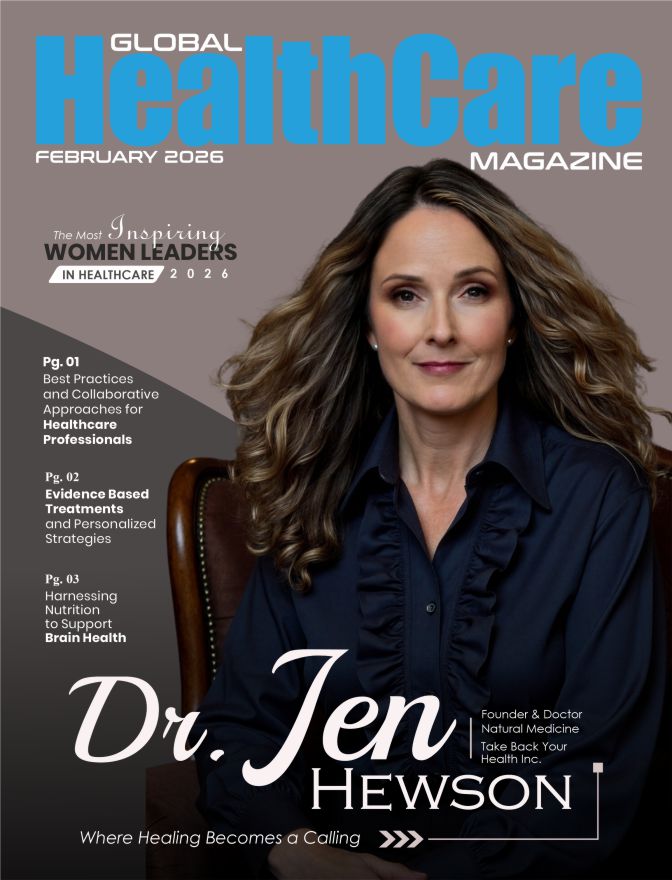UnitedHealth’s Medicare fraud scandal is not just another headline—it’s a storm brewing at the very center of America’s $1.7 trillion healthcare industry. As the U.S. Department of Justice (DOJ) ramps up a criminal investigation into the nation’s largest health insurer, the credibility of UnitedHealth Group is rapidly deteriorating, and ripple effects are being felt across the healthcare, financial, and regulatory sectors. For business-minded readers, this case presents more than controversy—it signals mounting pressure on a system long regarded as too big to question.
DOJ Launches Criminal Probe into Medicare Advantage Billing
The investigation, spearheaded by the DOJ’s healthcare-fraud unit, is laser-focused on UnitedHealth’s Medicare Advantage division. Sources close to the probe say the insurer may have manipulated diagnostic codes—an act known as “upcoding”—to secure higher reimbursements from the federal Medicare program.
This probe follows years of civil inquiries into the company’s billing practices, but the criminal nature of the current investigation significantly raises the stakes. No formal charges have been announced yet, but UnitedHealth’s financial maneuvers have already triggered regulatory and investor alarms.
UnitedHealth Denies Allegations, But Confidence Erodes
UnitedHealth has responded by denying any wrongdoing, stating that it has not been formally notified by the DOJ and has called media coverage “highly irresponsible.” Still, the public relations damage is done. Shareholders, patients, and lawmakers are all questioning how much UnitedHealth knew and when, and why this isn’t the first time Medicare Advantage billing has drawn scrutiny.
The DOJ has refrained from commenting, and the lack of transparency from both parties has only deepened public suspicion.
Wall Street Shudders: A Steep Drop in Stock Value
Nothing shakes investor confidence like federal probes. UnitedHealth’s stock dropped more than 6% in premarket trading on May 15, 2025, and continued to slide, eventually losing over 40% of its value in a year. A market capitalization of $530 billion in April is now at serious risk of being halved.
This market shock wasn’t contained to one company. Shares of Humana, Elevance Health, and CVS (Aetna) also fell as analysts warned of potential ripple effects across the industry. Several financial institutions downgraded UnitedHealth stock, citing “elevated regulatory risk and reputational damage.”
Leadership Shake-Up Intensifies the Crisis
Amid the turmoil, CEO Andrew Witty abruptly resigned, prompting the return of former chief executive Stephen Hemsley to stabilize the ship. However, leadership reshuffles in the face of a federal probe rarely inspire confidence. The company has also withdrawn its 2025 financial outlook, citing rising medical costs and increasing operational challenges.
Regulatory Heat Spreads Beyond UnitedHealth
This isn’t just about one company. The broader Medicare Advantage market, which covers nearly half of all Medicare recipients, is under growing scrutiny. Investigators are examining whether major insurers systematically manipulated diagnostic codes for profit. Lawsuits have also been filed over alleged kickbacks tied to plan enrollments.
In parallel, Senator Chuck Grassley launched his own inquiry into compliance lapses in Medicare billing. If the criminal investigation confirms systemic fraud, policy reforms and financial penalties may soon follow.
Who’s Most Affected?
- UnitedHealth Group
The company is navigating its worst crisis in a decade, with plunging stock value, reputational erosion, and executive-level disruptions. A business built on long-standing trust with the federal government now finds itself under serious suspicion.
- Investors and Shareholders
Financial losses have already hit portfolios hard. For long-term investors, the risk isn’t just temporary—it’s structural. Analysts now question the sustainability of earnings from Medicare Advantage, once considered a golden goose.
- The Broader Insurance Sector
Humana, Elevance, and other top insurers are also seeing declining stock performance. Regulatory pressure could limit how all insurers bill Medicare, resulting in thinner margins and a reassessment of growth strategies.
- 65 Million Medicare Beneficiaries
While patients haven’t seen immediate disruptions, changes in regulations or enforcement could lead to altered coverage options, increased premiums, or a more complicated claims process in the near future.
- UnitedHealth Employees
Thousands of employees face uncertainty, from back-office staff to executive leaders. Restructuring, cost controls, or layoffs could emerge as part of the group’s crisis response strategy.
Why This Matters for Business Readers
This isn’t just about healthcare; UnitedHealth’s Medicare Fraud case is a bellwether for how corporate America handles public money, regulatory risk, and ethical responsibility. The unfolding investigation underscores the rising tension between profit motives and patient care in government-funded programs.
For healthcare executives, investors, and policy analysts alike, the message is clear: Medicare Advantage is no longer immune to accountability. In an era of value-based care and data transparency, even the giants can fall.
Stay tuned with Global Healthcare Magazine for unfolding developments as this investigation into UnitedHealth’s Medicare practices evolves, potentially reshaping the future of healthcare finance in America.













